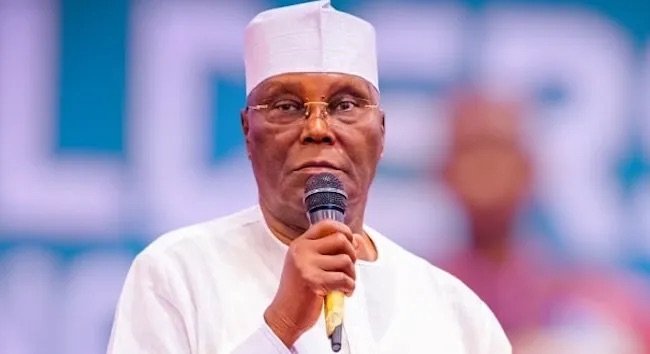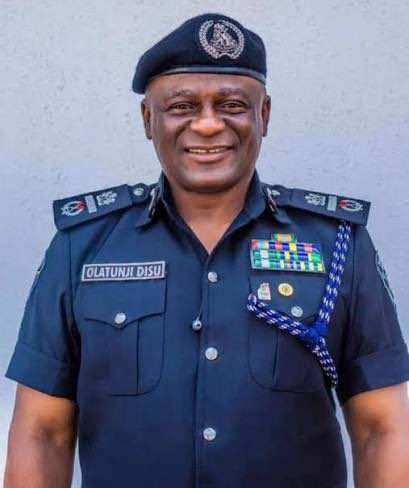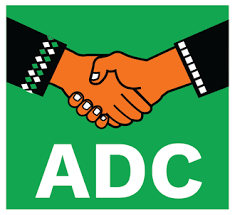The All Progressives Congress (APC) in Adamawa State sharply criticized former Vice President Atiku Abubakar over his public remarks regarding the recent terrorist attack in Wagga Mongoro, Madagali Local Government Area. Party leaders accused him of politicizing grief, misreporting facts, and diverting attention from real issues.
In a press release, the Adamawa APC said Atiku’s statement came across as insensitive. They claimed he rushed to issue a “hollow statement” filled with errors rather than offering genuine comfort to victims and their families. The party further accused him of misrepresenting casualty numbers and the location of the attack, calling his remarks a “comedy of errors.”
They also alleged that Atiku used the tragedy as a platform for cheap politics. According to APC, rather than showing leadership or compassion, he treated a moment of national pain as a stage for partisan posturing. They said he wrongly inserted political innuendos and attempted to score points off suffering.
Blame on the PDP Era, Neglect of Adamawa
APC went further by linking Atiku’s past political record to the current insecurity. They asserted that the PDP years, in which Atiku played a central role, laid the groundwork for today’s security challenges. Moreover, they claimed he neglected Adamawa State during his tenure, bringing few meaningful projects and ignoring his hometown of Jada. The party maintains that he remained silent during earlier Boko Haram crises but suddenly “found his voice” when political advantage beckoned.
They contrasted his inaction back then with what they describe as more active security efforts under the current administration. Therefore, they argue that Atiku’s criticisms lack moral authority and ring hypocritical.
Party Defends Current Efforts, Offers Condolences
While attacking Atiku, the APC reiterated its support for victims of the Madagali attack. They expressed condolences to bereaved families, wished speedy recovery to the injured, and pledged to assist security agencies. They insisted that the APC-led government is coordinating efforts to restore peace, stabilize communities, and bring perpetrators to justice.
Additionally, APC cautioned against the exploitation of tragedies. They warned that political actors should differentiate between showing empathy and using disasters for headlines. According to them, the people of Adamawa understand the difference and refuse to be misled by false declarations of solidarity.
What This Conflict Indicates in the Political Landscape
This clash highlights the tension between national figures and state-level actors over narratives about security. It also illustrates how political discourse in Nigeria often turns tragedies into battlegrounds. The episode underlines how parties compete for moral high ground and how sensitive events can become ammunition in electoral contests.
Moreover, it emphasizes expectations for political leaders to act responsibly and base public remarks on verified data. When insecurity is widespread, any misstatement or exaggeration can amplify fear, deepen mistrust, or provoke backlash.
Conclusion
The APC’s rebuttal to Atiku’s comments on the Madagali attack frames him as opportunistic and insensitive. They accuse him of spreading misinformation, neglecting his home state, and cynically politicizing suffering. Meanwhile, the APC claims to maintain genuine solidarity with victims and to be working toward stronger security outcomes. As this dispute unfolds, public reaction will likely test how much citizens accept narrative control versus demand accountability in times of crisis.
Bonus Read: Governor Fubara Dissolves Rivers State Pensions Board in First Major Move




One thought on “APC Condemns Atiku’s Remarks on Madagali Attack as Politicization”